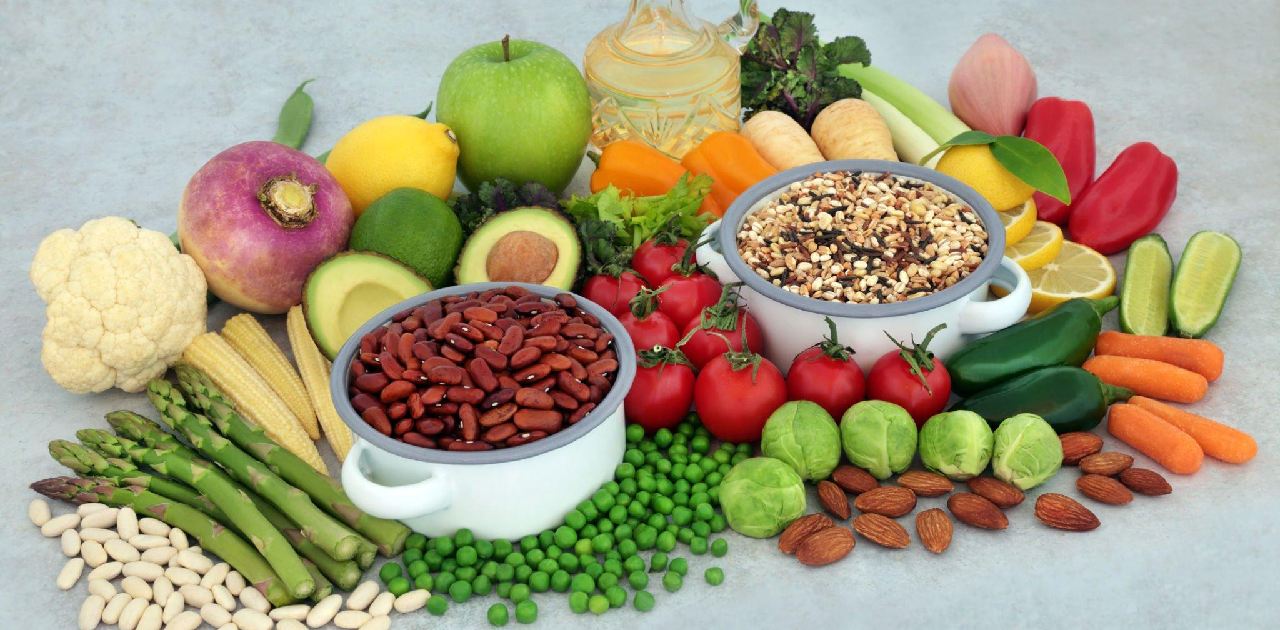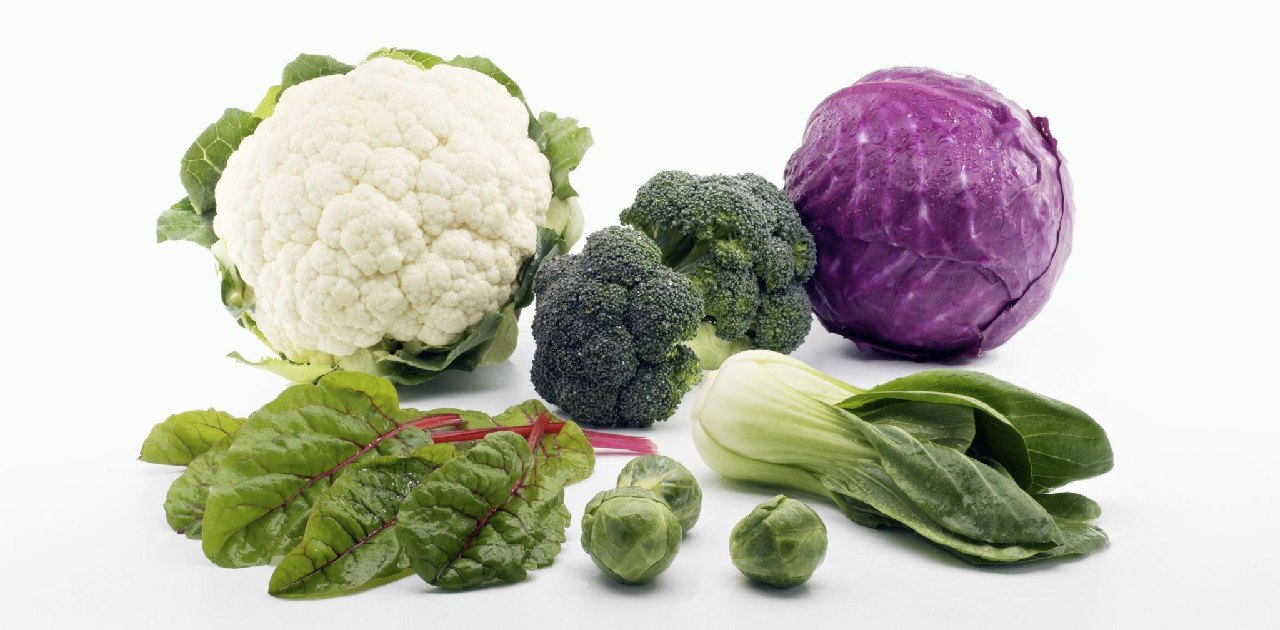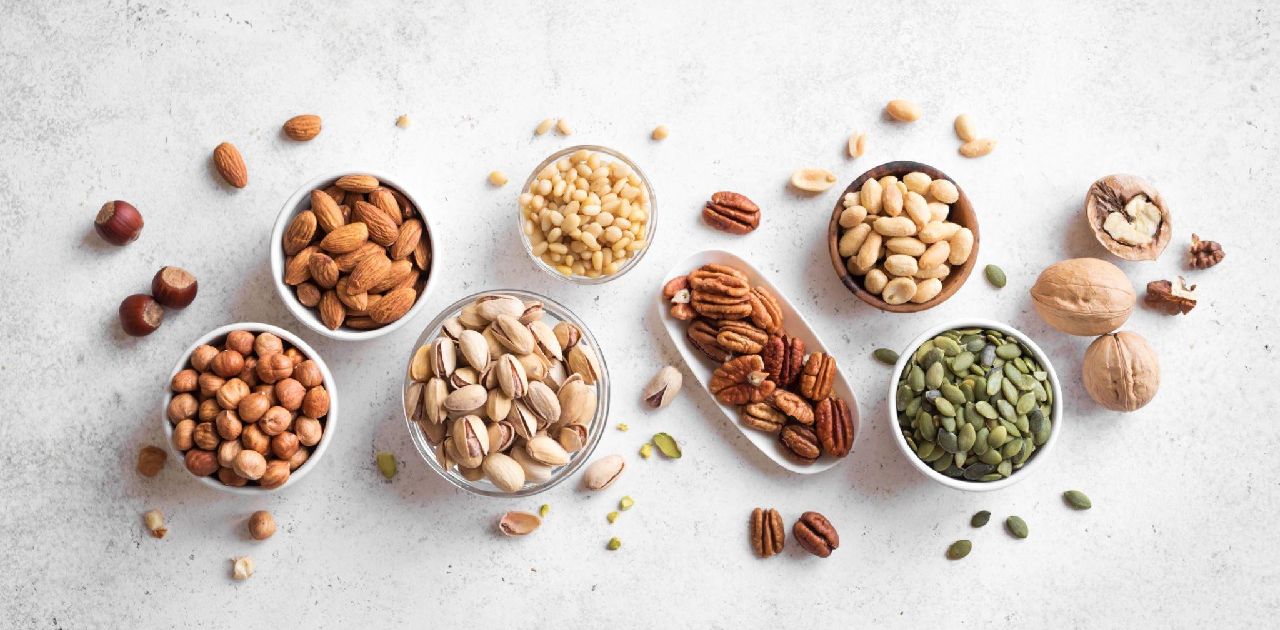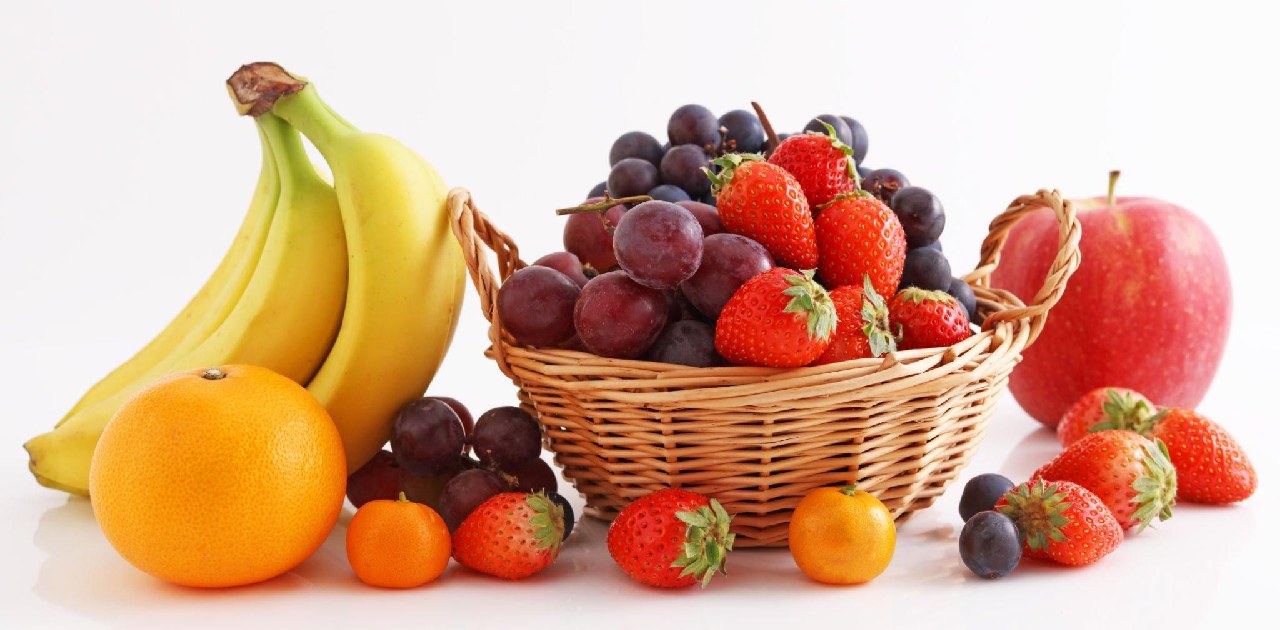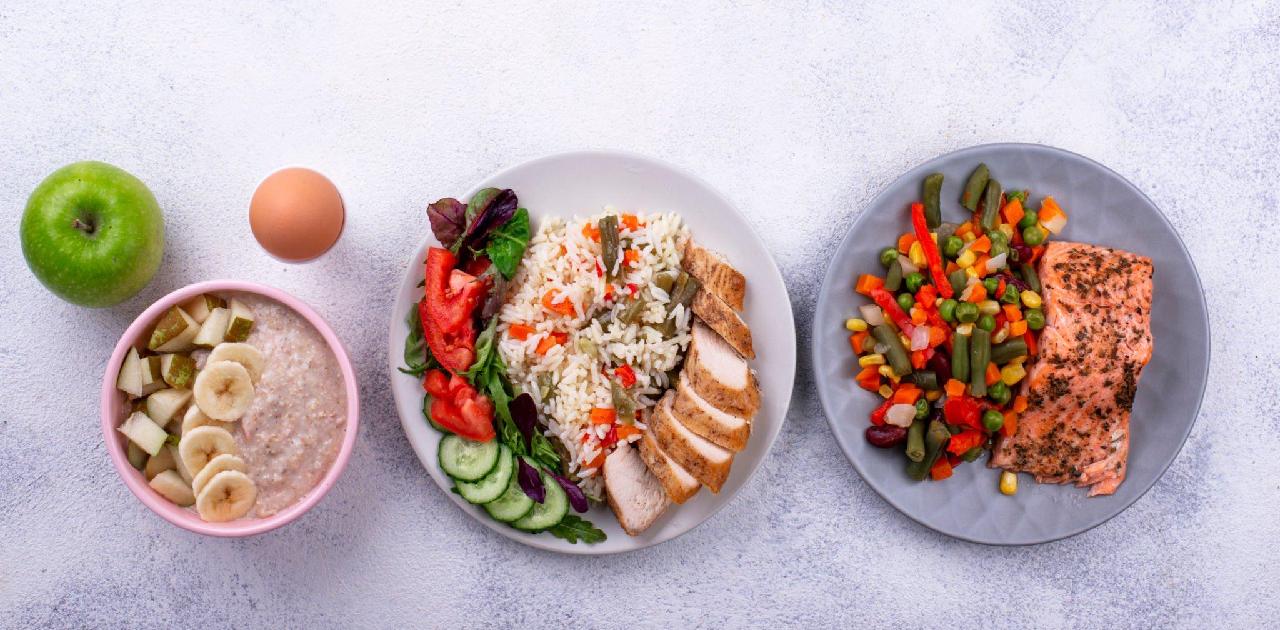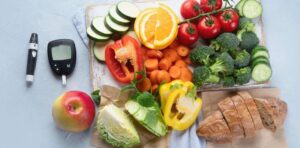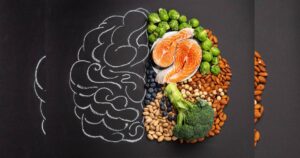Are you looking to improve your health and well-being? One way to do so is by incorporating more plant-based foods into your diet. Plant-based foods are rich in nutrients and have been shown to reduce the risk of chronic diseases such as heart disease, diabetes, and certain types of cancer. In this article, we will explore the benefits of a plant-based diet, the top plant-based foods for a healthy lifestyle, and how to incorporate more plant-based foods into your diet.
Introduction to Plant-Based Foods
Plant-based foods are foods that come from plants, such as fruits, vegetables, grains, legumes, nuts, and seeds. These foods are rich in nutrients such as fiber, vitamins, minerals, and antioxidants. They are also low in saturated fat and cholesterol, making them a healthy choice for your diet.
Plant-based diets have been around for centuries, but they have gained popularity in recent years due to their health benefits. In fact, studies have shown that plant-based diets can reduce the risk of chronic diseases such as heart disease, diabetes, and certain types of cancer. They can also help with weight loss, improve digestion, and boost your energy levels.
Benefits of a Plant-Based Diet
There are numerous benefits to following a plant-based diet. For one, plant-based foods are rich in nutrients and fiber, which can help improve digestion and promote a healthy weight. They are also low in saturated fat and cholesterol, which can help reduce the risk of heart disease and stroke.
Plant-based diets are also good for the environment. Raising livestock for meat and dairy products produces a significant amount of greenhouse gases and contributes to deforestation. By choosing to eat plant-based foods, you are reducing your carbon footprint and helping to protect the planet.
Top Plant-Based Foods for a Healthy Lifestyle
There are many plant-based foods that are beneficial for your health. Here are some of the top ones:
Leafy Greens and Cruciferous Vegetables
Leafy greens such as spinach, kale, and collard greens are rich in vitamins A, C, and K, as well as fiber and antioxidants. They are also low in calories, making them a great choice for weight loss. Cruciferous vegetables such as broccoli, cauliflower, and Brussels sprouts are also packed with nutrients and have been shown to reduce the risk of cancer.
Legumes and Beans
Legumes and beans such as lentils, chickpeas, and black beans are a great source of protein and fiber. They are also low in fat and calories, making them a healthy choice for your diet. Studies have shown that eating legumes and beans can help reduce the risk of heart disease and diabetes.
Nuts and Seeds
Nuts and seeds such as almonds, walnuts, chia seeds, and flaxseeds are rich in healthy fats, protein, and fiber. They are also a good source of vitamins and minerals such as magnesium and potassium. Studies have shown that eating nuts and seeds can help improve heart health and reduce the risk of chronic diseases.
Whole Grains
Whole grains such as brown rice, quinoa, and whole wheat bread are a great source of fiber, vitamins, and minerals. They are also low in fat and calories, making them a healthy choice for your diet. Studies have shown that eating whole grains can help reduce the risk of heart disease and type 2 diabetes.
Fruits and Berries
Fruits and berries such as blueberries, strawberries, and bananas are rich in vitamins, minerals, and antioxidants. They are also a great source of fiber and can help improve digestion. Studies have shown that eating fruits and berries can help reduce the risk of chronic diseases such as heart disease and cancer.
Plant-Based Protein Sources
Plant-based protein sources such as tofu, tempeh, and seitan are a great alternative to meat. They are rich in protein and can help build and repair muscle tissue. They are also low in saturated fat and cholesterol, making them a healthy choice for your diet.
Plant-Based Diet Meal Plan Ideas
Here are some plant-based meal plan ideas to help you get started:
Breakfast
- Overnight oats with almond milk, chia seeds, and fruit
- Whole grain toast with avocado and tomato
- Tofu scramble with vegetables and whole grain toast
Lunch
- Chickpea salad with vegetables and quinoa
- Lentil soup with whole grain bread
- Tofu stir-fry with vegetables and brown rice
Dinner
- Vegetable curry with brown rice
- Black bean burgers with sweet potato fries
- Stuffed peppers with quinoa and vegetables
How to Incorporate More Plant-Based Foods into Your Diet
If you’re new to a plant-based diet, it can be challenging to know where to start. Here are some tips to help you incorporate more plant-based foods into your diet:
- Start slowly by incorporating more plant-based foods into your meals.
- Experiment with new recipes and flavors to keep things interesting.
- Stock up on plant-based staples such as beans, legumes, and whole grains.
- Find plant-based alternatives to your favorite foods, such as veggie burgers or tofu-based desserts.
- Get support from a dietitian or nutritionist to ensure you’re meeting your nutritional needs.
Common Misconceptions About Plant-Based Diets
There are many misconceptions about plant-based diets. One of the most common is that they are low in protein. However, there are many plant-based sources of protein such as legumes, beans, tofu, and tempeh. Another misconception is that plant-based diets are expensive. While some plant-based foods can be pricey, there are many affordable options such as beans, lentils, and whole grains.
Plant-Based Diet Resources and Recipes
If you’re looking for more information and resources on plant-based diets, there are many books, websites, and blogs available. Some popular resources include:
- The Forks Over Knives website and documentary
- The Plant-Based Diet for Beginners book by Gabriel Miller
- The Happy Pear website and cookbook
There are also many plant-based recipes available online. Some popular plant-based recipe websites include:
- Minimalist Baker
- Oh She Glows
- Deliciously Ella
Frequently Asked Question About Plant-Based Foods
What are plant-based foods?
Plant-based foods are foods that come from plants and do not contain any animal products. They include fruits, vegetables, legumes, grains, nuts, and seeds.
Why are plant-based foods considered healthy?
Plant-based foods are considered healthy because they are rich in essential nutrients such as fiber, vitamins, minerals, and antioxidants. They are also generally low in saturated fat and cholesterol, and can help reduce the risk of chronic diseases like heart disease, diabetes, and certain types of cancer.
Can I get enough protein from plant-based foods?
Yes, you can get enough protein from plant-based foods. Many plant-based foods such as legumes (e.g. beans, lentils, chickpeas), tofu, tempeh, seitan, quinoa, and nuts and seeds are good sources of protein. It’s important to eat a variety of plant-based protein sources to ensure you get all the essential amino acids your body needs.
Do plant-based foods provide enough calcium?
Yes, plant-based foods can provide enough calcium. While dairy products are a common source of calcium in a traditional Western diet, plant-based sources of calcium include leafy green vegetables (e.g. kale, collard greens, bok choy), fortified plant-based milks (e.g. almond milk, soy milk), fortified tofu, and calcium-fortified foods like certain types of breakfast cereals and plant-based yogurts.
How can I make sure I’m getting enough iron from plant-based foods?
Plant-based iron sources can be found in foods such as legumes, whole grains, nuts and seeds, dried fruits, and leafy green vegetables. Eating these iron-rich foods along with vitamin C-rich foods (such as citrus fruits, bell peppers, or tomatoes) can help enhance iron absorption. Cooking in cast-iron pans can also help increase iron intake.
Are plant-based foods suitable for children and pregnant women?
Yes, plant-based foods can be suitable for children and pregnant women. However, it’s important to ensure that they are getting all the essential nutrients they need for growth and development. Consulting with a healthcare provider or a registered dietitian can help ensure that children and pregnant women are meeting their nutrient requirements through a well-planned plant-based diet.
Are processed plant-based foods healthy?
Not all processed plant-based foods are healthy. Some processed plant-based foods may be high in added sugars, unhealthy fats, and sodium, which can be detrimental to health. It’s important to read food labels and choose minimally processed or whole plant-based foods whenever possible, and limit consumption of highly processed plant-based foods.
Can I lose weight on a plant-based diet?
Yes, a well-planned plant-based diet can help with weight loss. Plant-based foods are typically lower in calories and fat compared to animal-based foods, and are rich in fiber, which can help you feel fuller for longer. However, it’s important to ensure that you’re still getting all the necessary nutrients and practicing portion control to achieve healthy and sustainable weight loss.
Can I still enjoy desserts and snacks on a plant-based diet?
Yes, you can still enjoy desserts and snacks on a plant-based diet. There are plenty of plant-based options for sweets and snacks, such as fruit-based desserts, dark chocolate, nut butters, trail mix, and roasted chickpeas. It’s important to choose plant-based desserts and snacks that are made with whole, minimally processed ingredients and consumed in moderation as part of a balanced diet.
Conclusion
In conclusion, incorporating more plant-based foods into your diet can have many health benefits. By choosing to eat more plant-based foods, you can reduce your risk of chronic diseases, improve your digestion, and boost your energy levels. With so many delicious and nutritious plant-based foods available, it’s easier than ever to make the switch to a plant-based diet.
